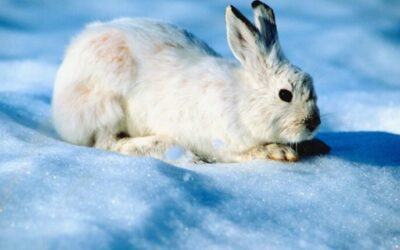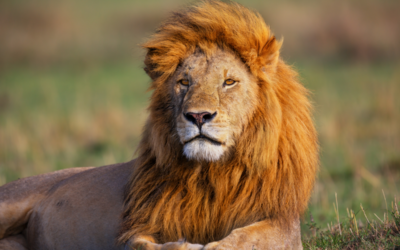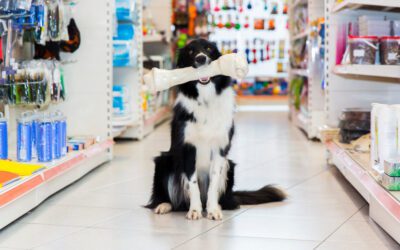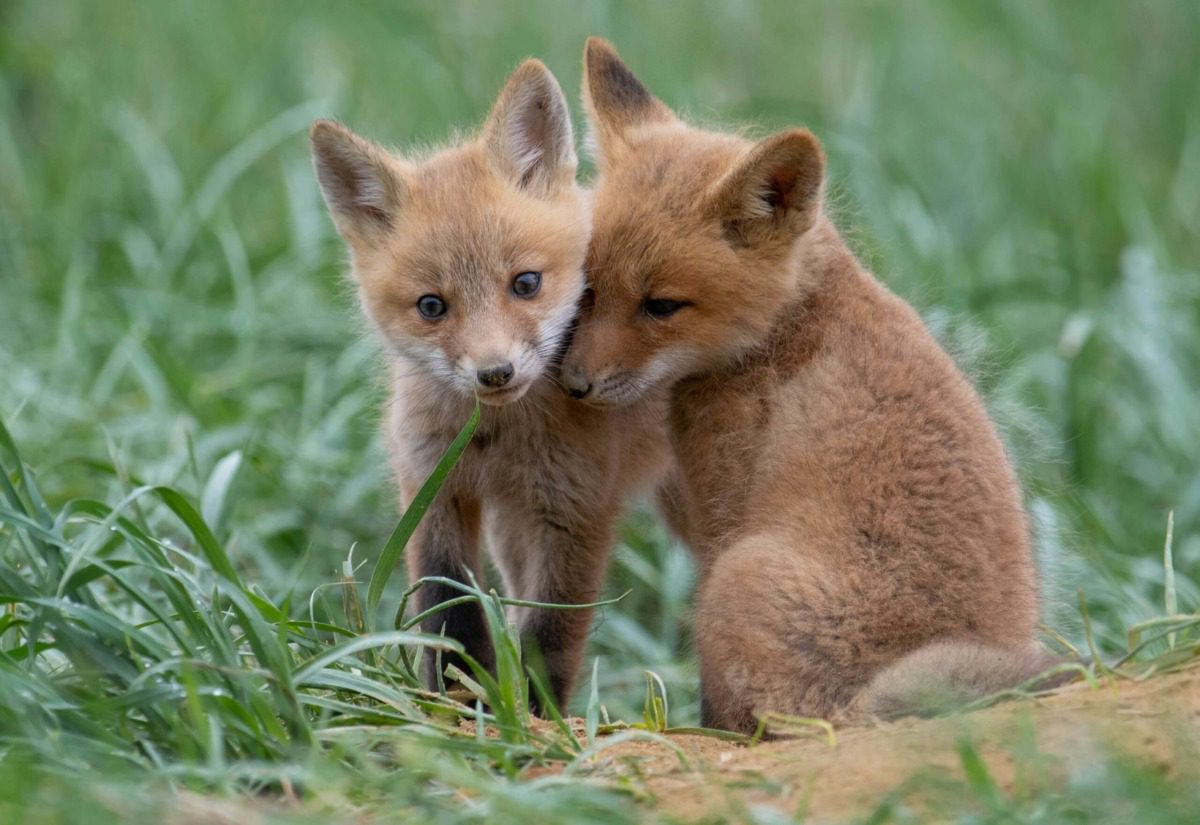
Did you know there are pets that are illegal in Virginia? Owning these five wild animals can cause harm to you, them, and the environment.
Ever thought about having a wild critter as a pet? Think again.
In Virginia, owning certain exotic and wild animals is not just a bad idea—it’s illegal. While some animals might seem like intriguing companions, the risks far outweigh the novelty.
From troublesome skunks to elusive foxes, these creatures can pose serious health and safety risks. Here’s a rundown of five animals you can’t keep in the commonwealth, plus one surprising exception.
1. Skunks
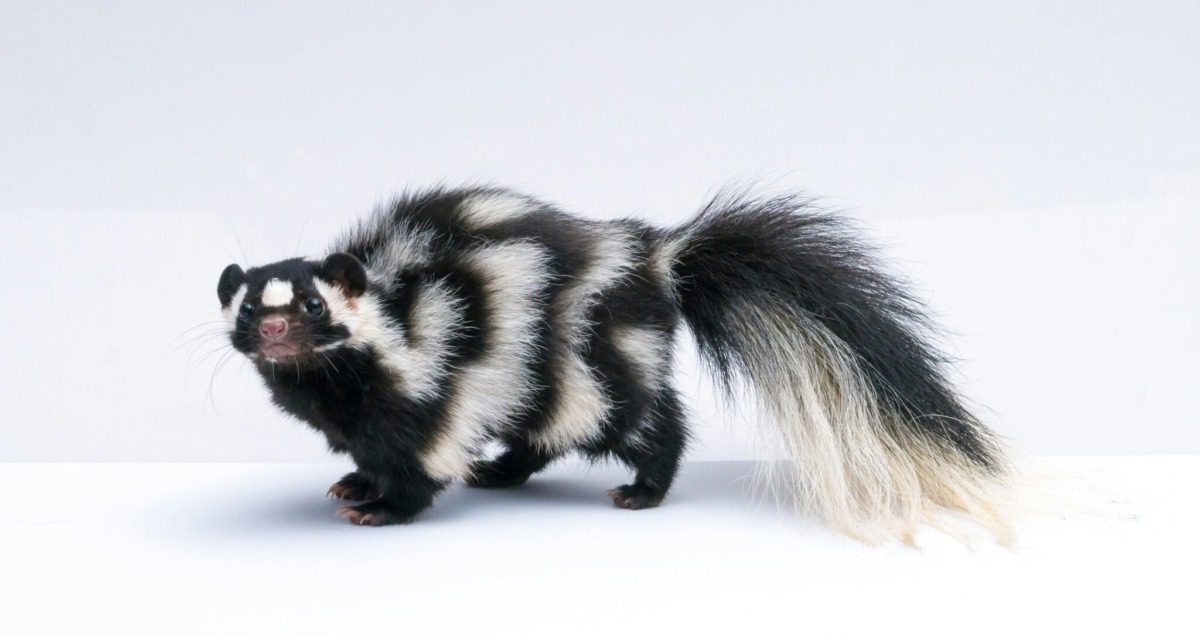
According to the Wildlife Center of Virginia, skunks are one of the pets that are illegal to keep in Virginia. The center highlights that skunks can carry rabies, posing a significant health risk to humans and other animals. Additionally, their potent spray used as a defense mechanism makes them unsuitable as pets. The potential for disease transmission and their specialized care needs further justify their prohibition.
2. Raccoons
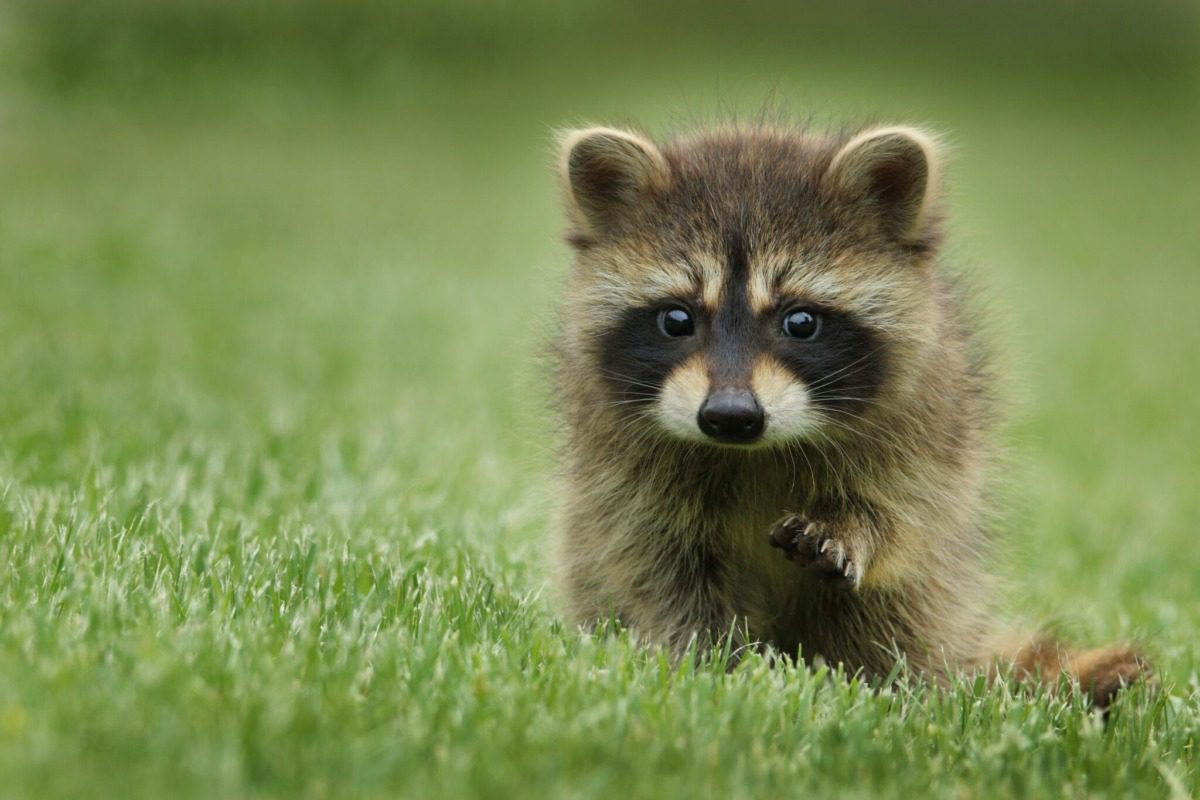
The Wildlife Center of Virginia also states that raccoons are prohibited as pets due to their tendency to carry diseases such as rabies and roundworm. Raccoons are wild animals with instincts that can lead to aggressive behavior, and they require specific habitats and diets that are challenging to replicate in a home environment.
3. Deer
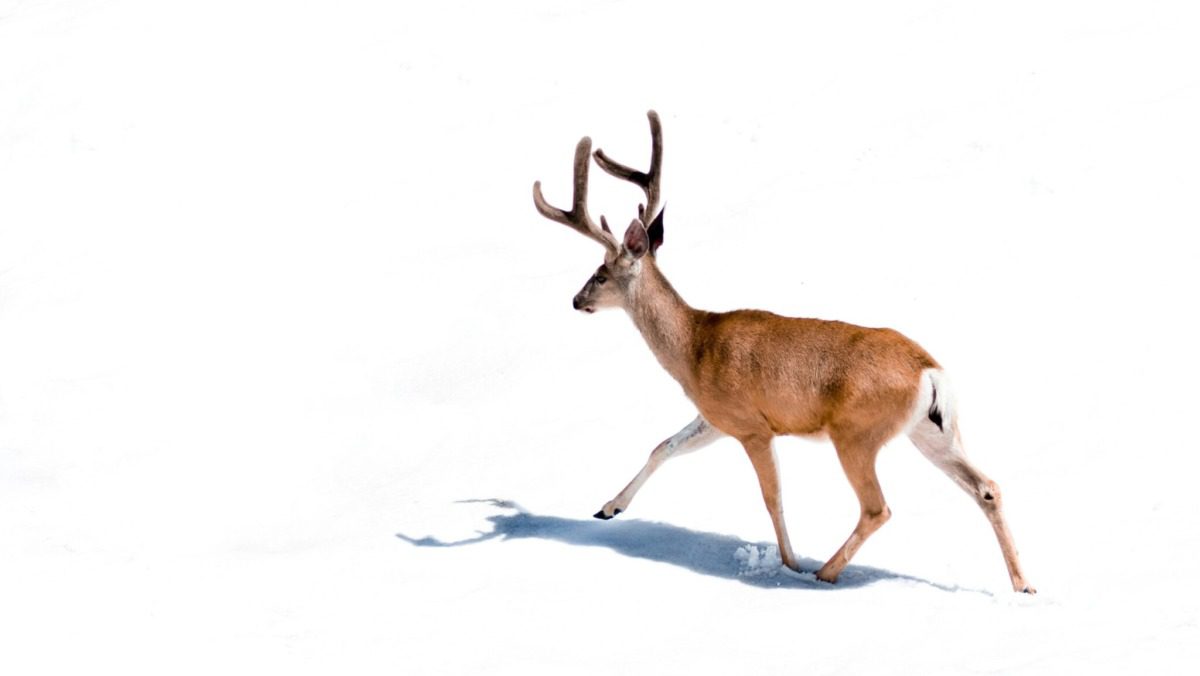
Deer are illegal to keep as pets in Virginia, as outlined by the Virginia Department of Wildlife Resources. These large animals require extensive space and a natural diet that is difficult to provide in captivity. Additionally, deer can become aggressive during mating season and pose a risk of transmitting diseases such as chronic wasting disease to other wildlife and livestock.
4. Foxes

Owning a fox as a pet is prohibited in Virginia due to their wild nature and potential to carry diseases, as noted by the Wildlife Center of Virginia. Foxes are natural hunters with behaviors that can be destructive in a domestic setting. Their need for a specific diet and habitat makes them challenging to care for as pets.
5. Squirrels
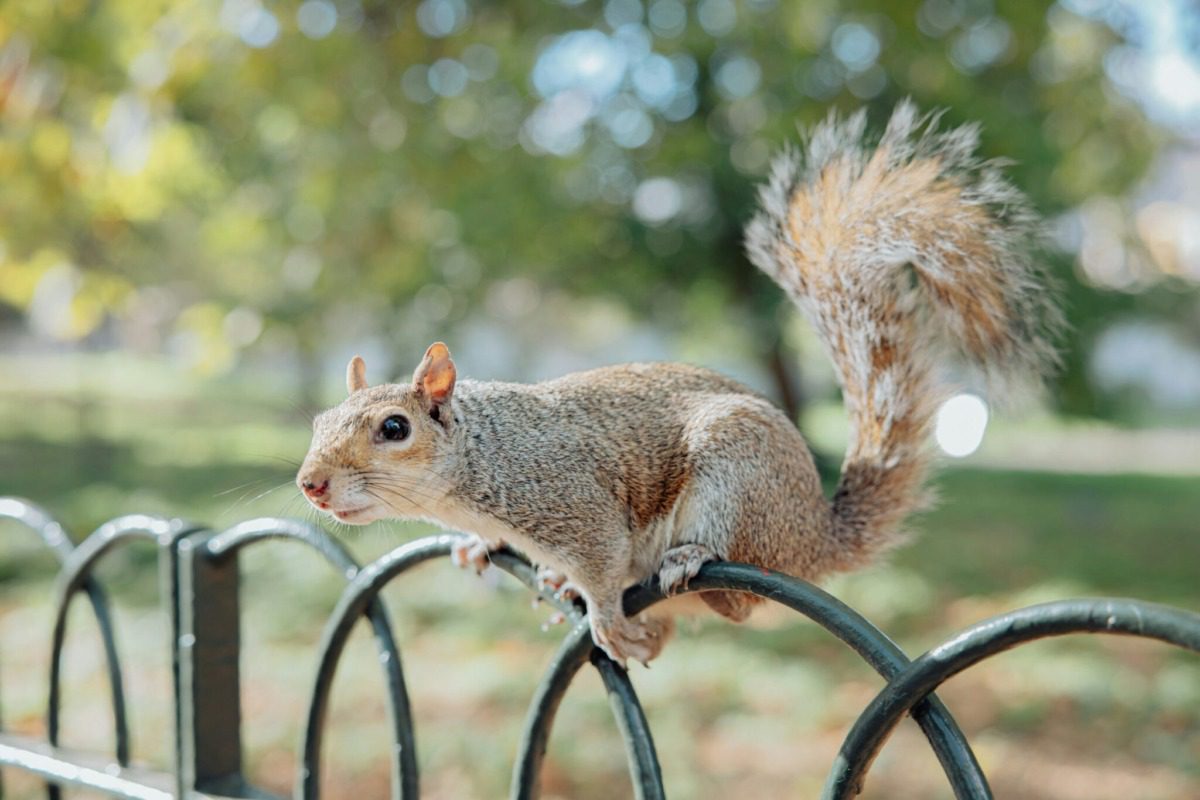
Squirrels are not suitable pets and are illegal to keep in Virginia. The Wildlife Center of Virginia explains that squirrels can carry diseases and parasites that are harmful to humans. These agile animals require space to climb and forage, which cannot be adequately provided in most home environments. Their chewing habits can also cause significant damage to property.
The harm of owning pets that are illegal
The Virginia Department of Wildlife Resources emphasizes that keeping wild animals as pets can have detrimental effects on both the animals and the environment. Wild animals have specific needs that are difficult to meet in captivity, leading to poor health and welfare. These animals can also carry diseases that are transmissible to humans and other pets, posing serious health risks. Their presence in non-native environments can also disrupt local ecosystems, as they may compete with native species for resources or introduce new diseases.
The abandonment of these animals, when owners can no longer care for them, exacerbates these problems, leading to suffering for the animals and potential ecological imbalance.
Understanding the legalities of pet ownership in Virginia is crucial for ensuring the safety of both the animals and the public. By adhering to state laws and regulations, pet owners can help protect the environment and contribute to the well-being of all species.
Surprisingly legal: Sugar gliders
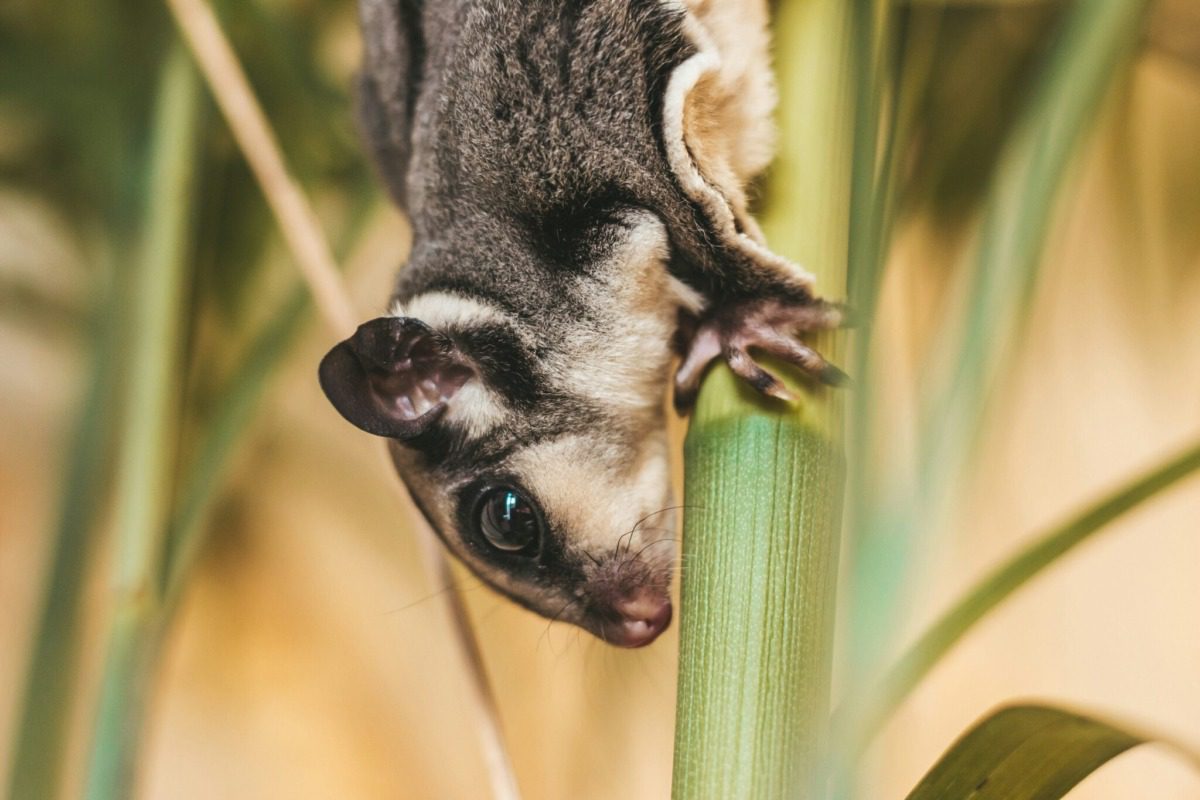
Despite their exotic appearance, sugar gliders are legal to own in certain parts of Virginia. In fact, the Richmond City Council excluded sugar gilders that have been in captivity and have never known the wild from a 2023 exotic or wild animal ban, per WTVR reporting. These small, nocturnal marsupials are native to Australia and New Guinea but have become popular pets due to their social nature and ability to glide through the air. While they require specific care and social interaction, they are not considered a threat to public safety or local ecosystems when kept responsibly.
This article first appeared on Good Info News Wire and is republished here under a Creative Commons license.
READ MORE: 8 fun fall festivals in Virginia

Everything we know about Poppy, Metro Richmond Zoo’s adorable baby hippo
Meet Poppy, Virginia's newest pygmy hippo star! Born at Metro Richmond Zoo, she's stealing hearts worldwide with her underwater adventures. There's...

Keep your pets safe during Coastal Virginia winters
Learn how to protect your pets from Virginia's unique winter challenges, including local laws, coastal weather risks, and emergency resources....
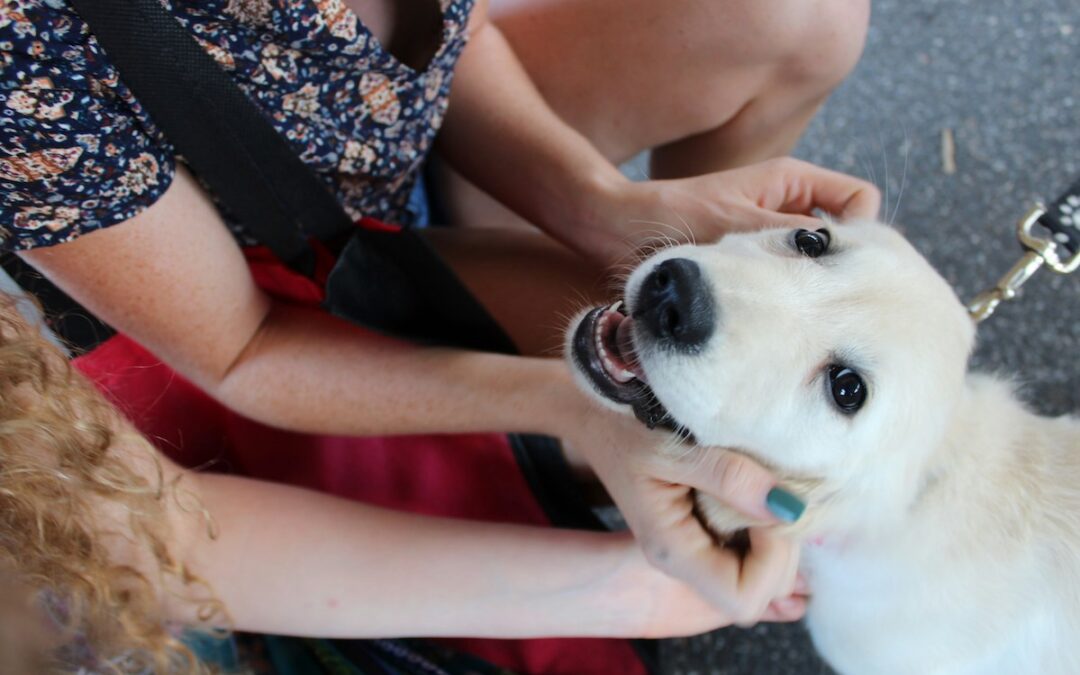
Virginia Puppy Bowl players ranked by Dogwood
It's the most wonderful time of the year: The Puppy Bowl! Forget about the Super Bowl because this is the only sporting event that’s worth a "bark."...
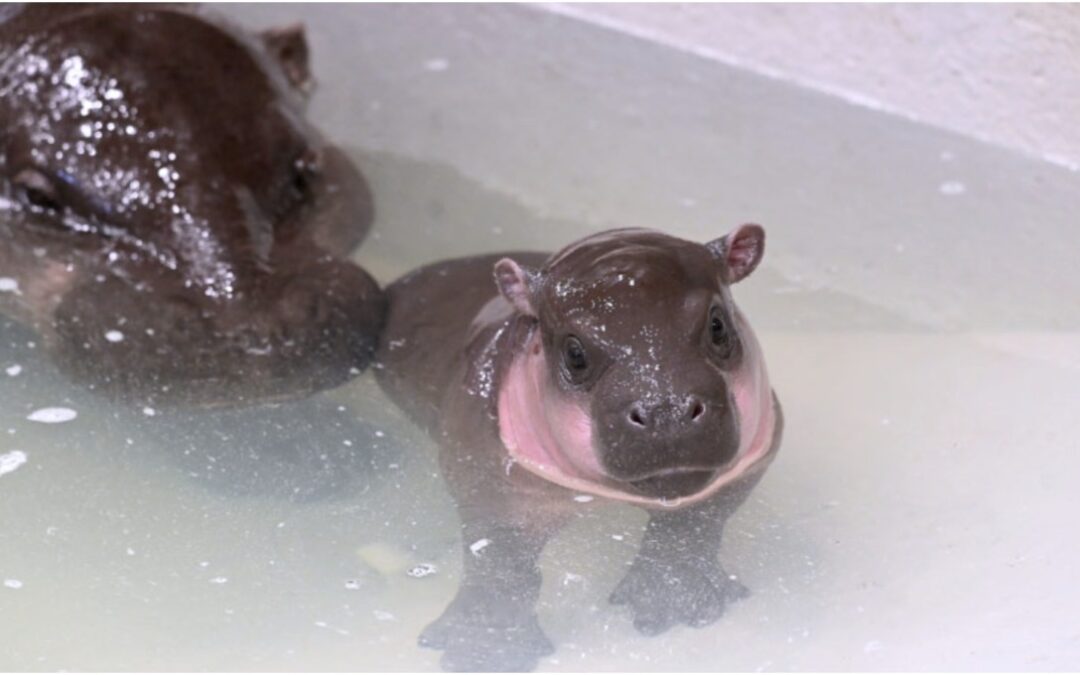
Move over, Moo Deng; there’s a new hippo in town
The Metro Richmond Zoo recently welcomed a new member of the family. Poppy the pygmy hippo was born just before Christmas. Baby pygmy hippos made a...

The 26 best places for pets in Northern Virginia
When it comes to finding the best places and services for pets in Northern Virginia, who better to ask than the people in our community? We recently...

Go Batty: October is Bat Appreciation Month
While Halloween is undoubtedly the biggest jewel in October’s crown, there’s another reason to celebrate it: October is Bat Appreciation Month....



